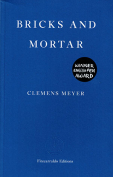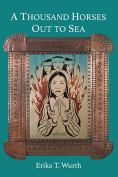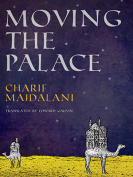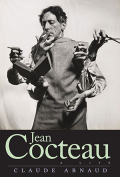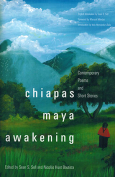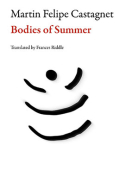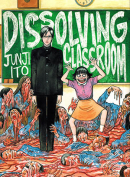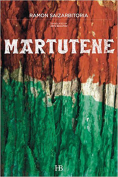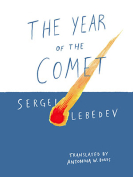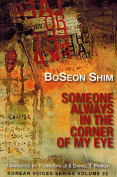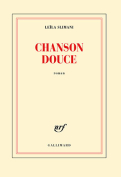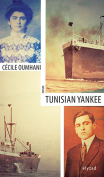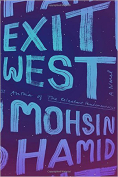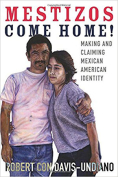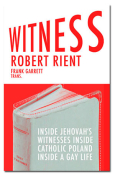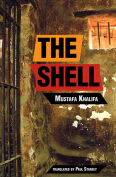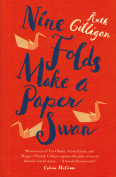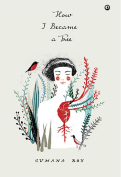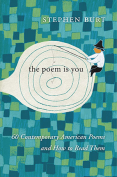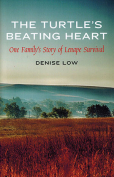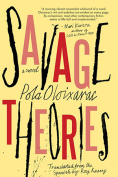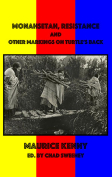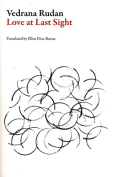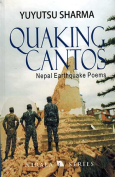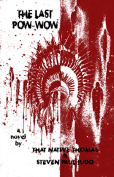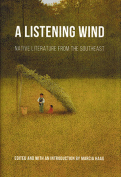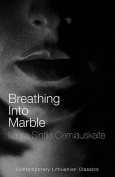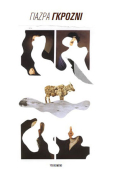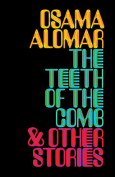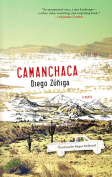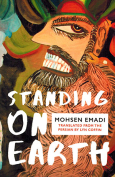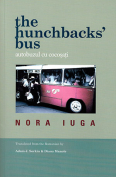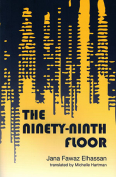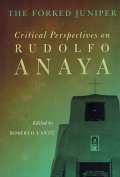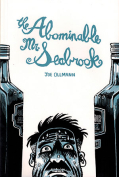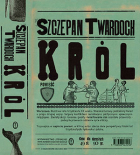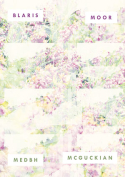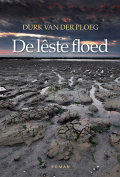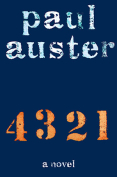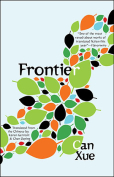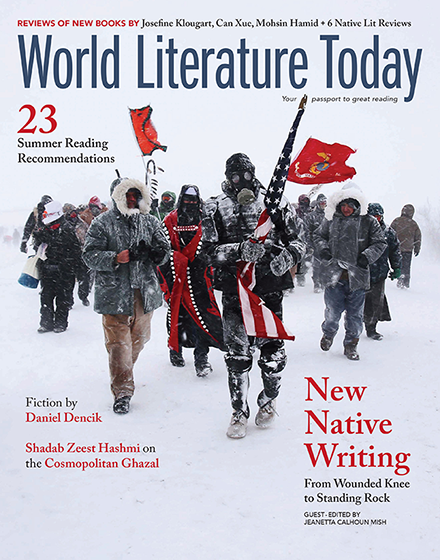ΓΙΑΖΡΑ ΓΚΡΟΖΝΙ (Jazra Grozny) by Jazra Khaleed
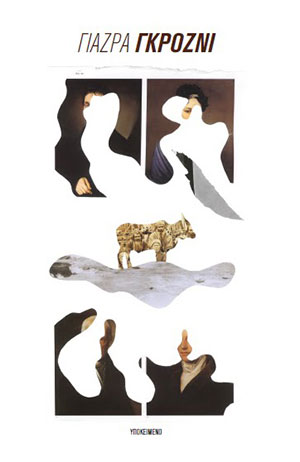 Athens. Ypokeimeno Press. 2016. 62 pages.
Athens. Ypokeimeno Press. 2016. 62 pages.
Jazra Grozny is the long-awaited first poetry collection in Greek of the controversial and charismatic Greek-Chechen poet Jazra Khaleed. For the last decade he has been one of the most visible new Greek poets on the international scene; his poetry has been widely translated into languages as far-flung as Kapampangan and Haitian Creole. The only collected volume of his work to date has been a bilingual German and Greek edition published in Germany. Back home, in his now-native Greece, the literary scene still eyes his poetry with suspicion for what is perceived as an anti-Greek stance by a non-Greek, even anti-Greek, poet.
Jazra Grozny is a collection of thirty-four poems published by a small new Athenian press, Ypokeimeno, which was founded two years ago and has only four titles on its list. Jazra Grozny’s first poem, “Intro,” sets the tone of the collection. “I have no people; / my solitude is like a sharpened razor blade / it grazes your carotid / (Gillette’s my sponsor). / Don’t mistake me for a Saturday / I’m just a fucked Tuesday, / without sun, without rain.”
Longer lines with internal rhymes alternate with short lines that have the speed and rhythm of a venomous rap. Though the tone is at times rough, even violent, the language is always intensely eloquent. Khaleed is a Greek stylist: his words never have the foreign lilt of the immigrant; there is never a misplaced word or a phrase that misfires. In fact, unlike many Greek poet-rappers with their slang and loose grammar, Khaleed’s vigorous words always parse well, never spinning out of control.
The themes of Jazra Grozny’s thirty-four poems center on the momentous problems faced by Greek society as Greece faces an increasingly dire economic crisis. One of the outcomes that the many thousands of destitute immigrants have faced in Greece is the unravelling of Greece’s ancient tradition of philoxenia, the hospitable welcoming of strangers. In the poem “The AEGEAN or the Anus of Death,” Khaleed focuses on the immigrant crisis and the Aegean Sea that is perceived by many Greeks as the open gateway into the country. The poem brings across its point in a tapestry of right-wing slogans, officialese, and macabre sea shanties: “The Aegean is a disease bomb / prostitutes with HIV / children with bloated bellies / Muslims with TB / saltwater groupers with gingivitis or lemon sauce” (translation by Shon Arieh-Lerer).
If the thirty-four poems of this collection paint a stark, lurid, and unforgiving picture of Greece, the fascinating recurring message is that there is power in words, that poetry can make a difference. As Khaleed told me in a 2009 interview for World Literature Today, “On streets and on buses, when people realize you’re not one of them, that you’re foreign, they look at you with daggers in their eyes. But these people can’t touch me. Words are my Praetorian Guard. At a sign from me they leap into the line of fire. Whoever comes at me will feel their spears.”
Peter Constantine
University of Connecticut
